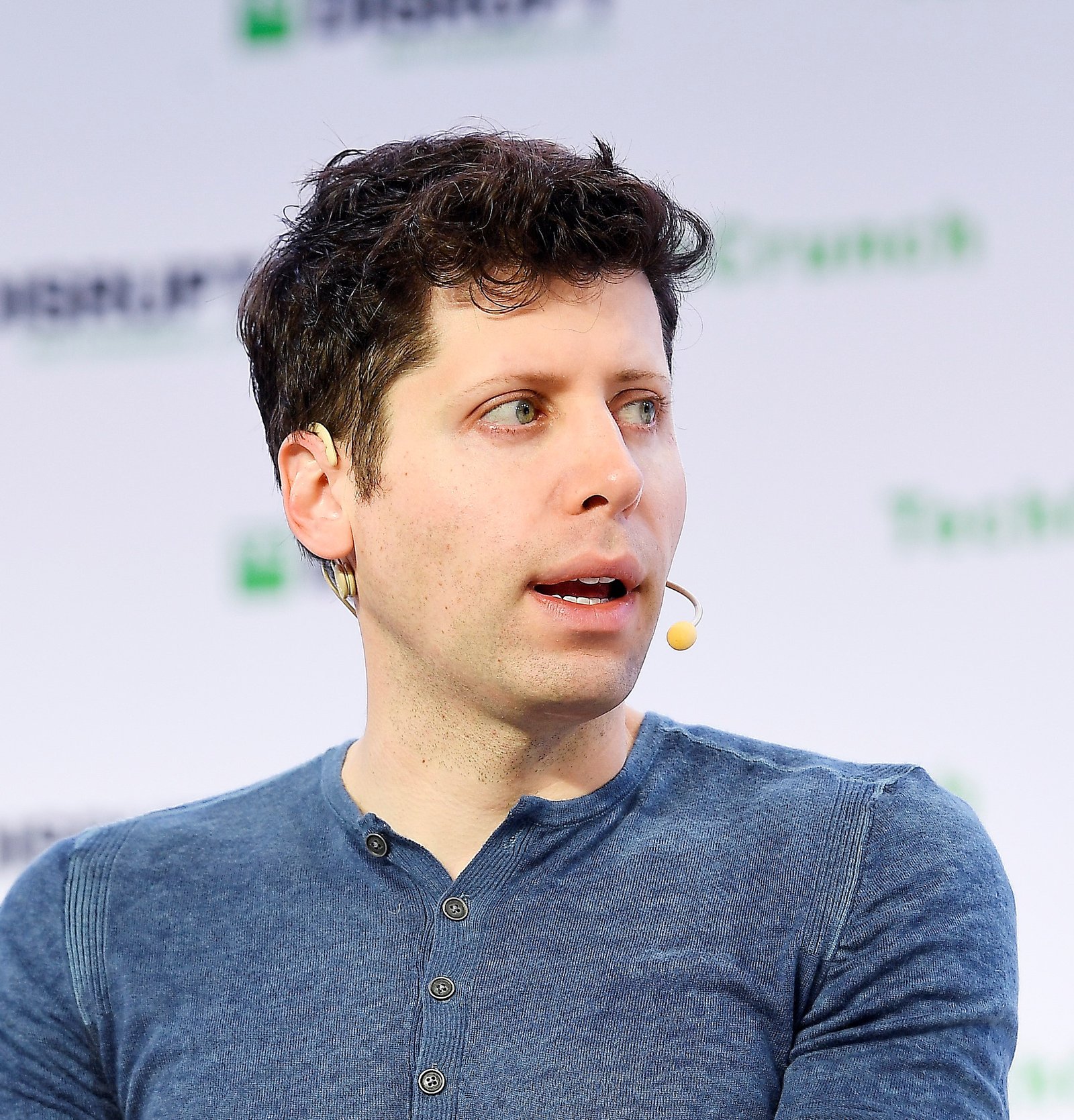The Rise of Superintelligent AI: Closer Than We Think?
Picture this: In less than 3,500 days, we might be sharing our world with artificial intelligence that far surpasses human capabilities. It sounds like science fiction, but according to OpenAI’s Sam Altman, this future might be closer than we imagined.
In a groundbreaking interview with The Free Press, Altman opened up about a topic that usually stays behind closed doors: superintelligence. While most tech leaders shy away from discussing such far-future concepts, Altman painted a vivid picture of how this transformation might unfold.
The most striking revelation? The timeline. Altman suggests superintelligence could emerge in roughly 3,500 days — about nine years from now. But what makes this prediction particularly noteworthy isn’t just the timeline; it’s how it might happen.
“Look at the rate of scientific progress,” Altman explained, describing a world where technological advancement compounds at an unprecedented pace. Imagine scientific discoveries that typically take a decade happening within a single year, then building upon each other at an exponential rate. That’s the world Altman envisions as superintelligence emerges.
But Altman isn’t alone in this prediction. His views are increasingly echoed across the AI industry. Logan Kilpatrick from Google AI suggests a “straight shot” to artificial superintelligence (ASI) is becoming more probable. The success of scaling test-time compute capabilities has made this direct path seem increasingly viable.
Former OpenAI researcher Ilya Sutskever adds another fascinating dimension to the discussion. He emphasizes that future AI systems will be truly agentic — capable of genuine reasoning and self-awareness. “The more it reasons, the more unpredictable it becomes,” Sutskever warns, drawing parallels to how top chess AI systems can surprise even the best human players.
Yet despite these radical technological changes, Altman maintains that certain aspects of humanity will remain constant. “What won’t change,” he argues, “are the deep fundamental human drives.” While our world might transform dramatically, our basic nature and what drives us as humans might stay surprisingly stable.
Critics like Gary Marcus have posed challenging questions about AI’s capabilities by 2027. Can AI write Oscar-worthy screenplays? Make Nobel-caliber scientific discoveries? These benchmarks remain contentious, but they highlight the ambitious scope of what’s being discussed.
As we stand on the brink of this potential transformation, one thing becomes clear: the conversation around superintelligence has shifted from “if” to “when.” The next 3,500 days might just redefine what we thought was possible in the realm of artificial intelligence.
Whether this timeline proves accurate remains to be seen, but one thing’s certain — the race toward superintelligence is no longer a distant dream. It’s a near-future reality that’s rapidly taking shape before our eyes.

Stay Up-to-Date with the Latest Technologies
Simply enter your email address and click “Subscribe” to stay informed about the latest technologies and discoveries.





